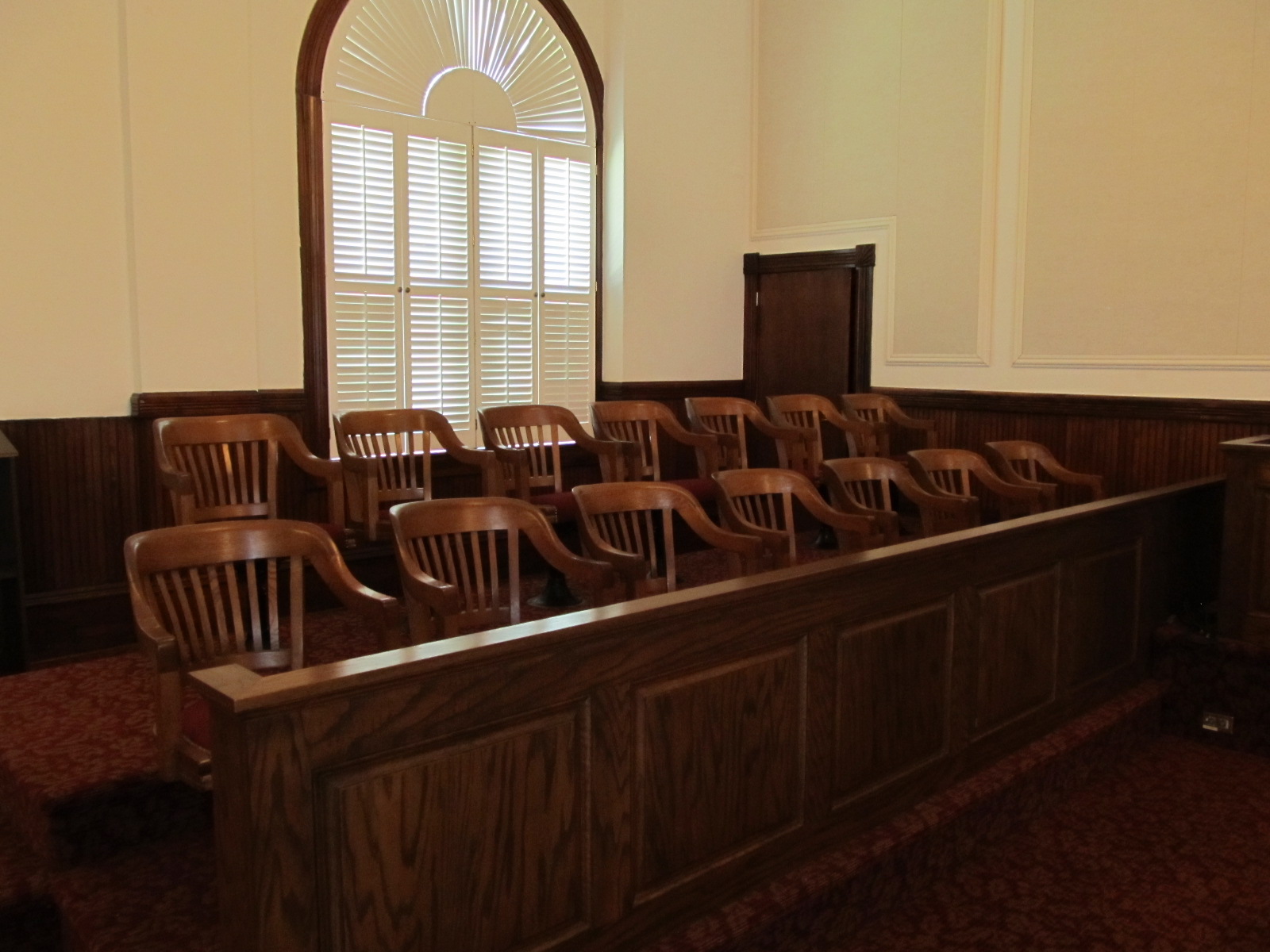This is the first of a four-part series examining trustee’s fiduciary duties and the circumstances that could result in litigation. To begin, we will discuss basic principles that will lay a groundwork to inform our larger discussion.
What is a Trust and a Trustee?[1]
A trust is a financial instrument or tool through which people can transfer their assets to others over time. People who create trusts are called “settlors,” because they “settle” or initially put assets into the trust. Those who stand to benefit from the assets in the trust are known as “beneficiaries.” The person who manages the trust, or ensures its provisions are strictly followed, is known as the “trustee.” Trustees are considered fiduciaries because settlors and beneficiaries place confidence in trustees to act in their best interests. Trustees owe a wide range of duties, depending on the terms of the trust. We will discuss the most prevalent duties in more detail during Parts 2 through 4 of this series.
Trusts can be highly personalized to suit the parties’ needs, however, all trusts safeguard their assets by restricting some of the beneficiaries’ access to the assets over time. A major benefit of using a trust is the latitude of control of the settlor. He or she can be very specific regarding the terms of the trust and how the assets are to be distributed. Additionally, trusts are often used in estate planning because trusts generally avoid probate proceedings, allowing beneficiaries to gain access to the assets faster than they might if the assets were distributed per the terms of the will. There may also be tax benefits for distributing assets via a trust instead of a will.
Where do the Rules Regarding Trusts Come From?
In North Carolina, the trustee duties are codified in the N.C. General Statutes Section 36C, also known as the Uniform Trust Code. However, many of those duties can be expanded or curtailed by the express, written terms of the trust. The Uniform Trust Code kicks in when the trust instrument is silent as to the trustee’s duties, or if the trust is somehow invalid in its expression of those duties.
What Types of Claims Are Brought Against Trustees:
Generally, there are two types of claims that are brought against trustees. The first involves claims that focus on how the assets in the trust are managed. For example, has the trustee made poor investment decisions or engaged in self-dealing? The second type of claim relates to trust administration, such as unequal distributions from the trust in favor of named beneficiaries over the remaindermen (those who inherit the trust assets after the trust is terminated).
Other General Considerations:
Voidability: If a trust was created by fraud, duress, or undue influence, it is voidable.[2] This means that if the settlor transferred property into the trust with the intent to defraud anyone, such as a creditor, then a court can find the trust voidable. Additionally, if another person exerted undue influence on the settlor in the context of forming the trust, then a court can find the trust voidable.
Removal of Trustees: Trustees can be removed for committing serious breaches of trust or if they are unfit, unwilling, or persistently fail to administer the trust effectively.[3] Removal of a trustee is generally disfavored, but may be necessary to protect both the assets in the trust, as well as the beneficiaries of the trust, when the trustee’s actions are egregiously opposed to the terms of the trust.
Special Skills: A trustee who has special skills or expertise, or is named trustee in reliance on those skills or expertise, must use them in the administration of the trust.[4] Trustees may possess special skills for which they were selected. For example, and accountant or lawyer may be selected because they possess advanced knowledge and ability regarding finances and legal matters respectively. If a trustee has a specific skillset, he or she must use those skills in the course of their trust management and administration.
When setting up a trust, it is advisable to contact an experienced estate planner that will be able to walk you through whether a trust is the right instrument to provide for your loved ones.
In Part 2 of the series, we will examine in detail a trustee’s first two duties: the duty of loyalty and the duty of impartiality.
[1] Fidelity, https://www.fidelity.com/estate-planning-inheritance/estate-planning/trusts.
[2] N.C.Gen.Stat. § 36C-4-406 (2015).
[3] N.C.Gen.Stat. § 36C-7-706 (2015).
[4] N.C.Gen.Stat. § 36C-8-806 (2015).




